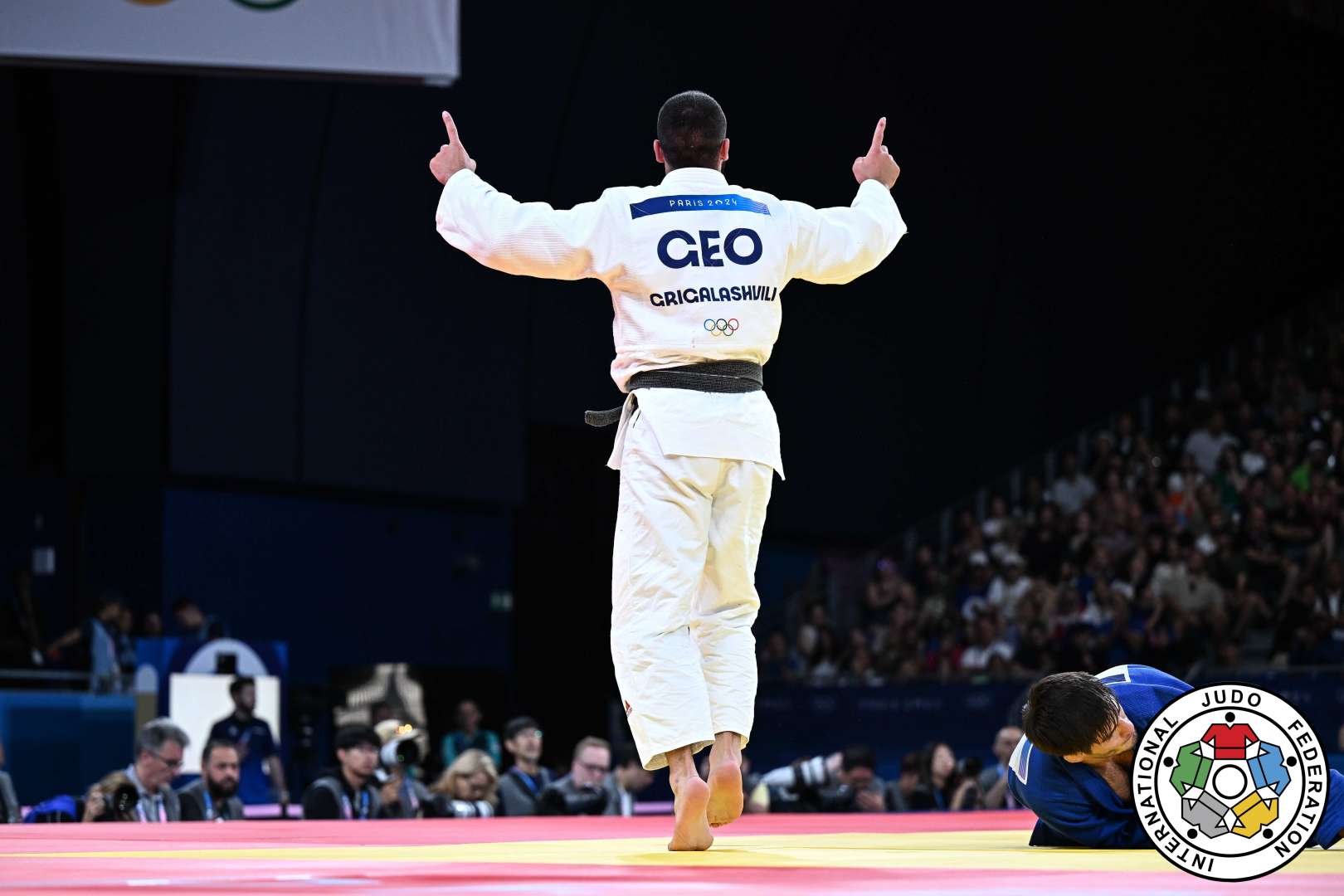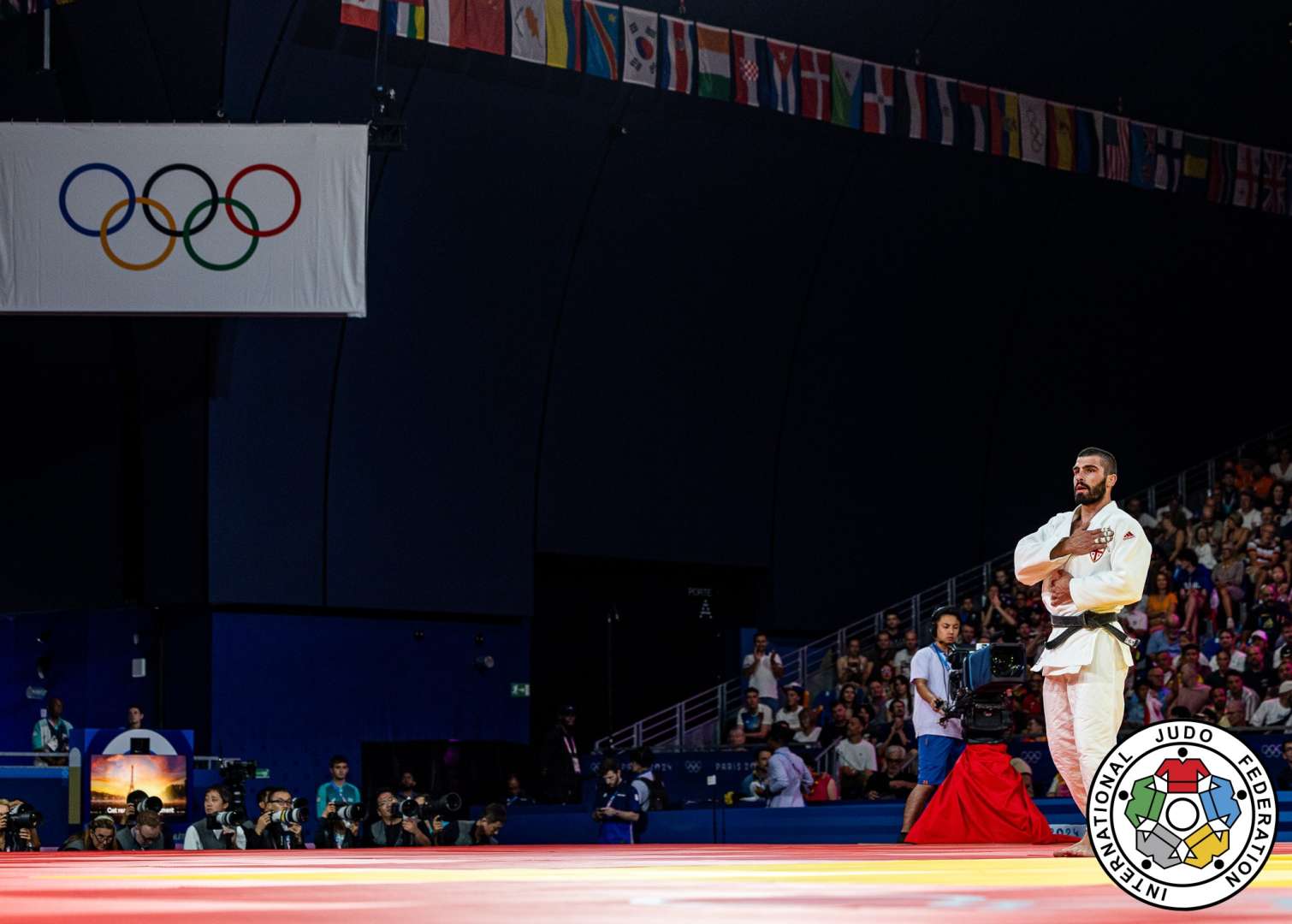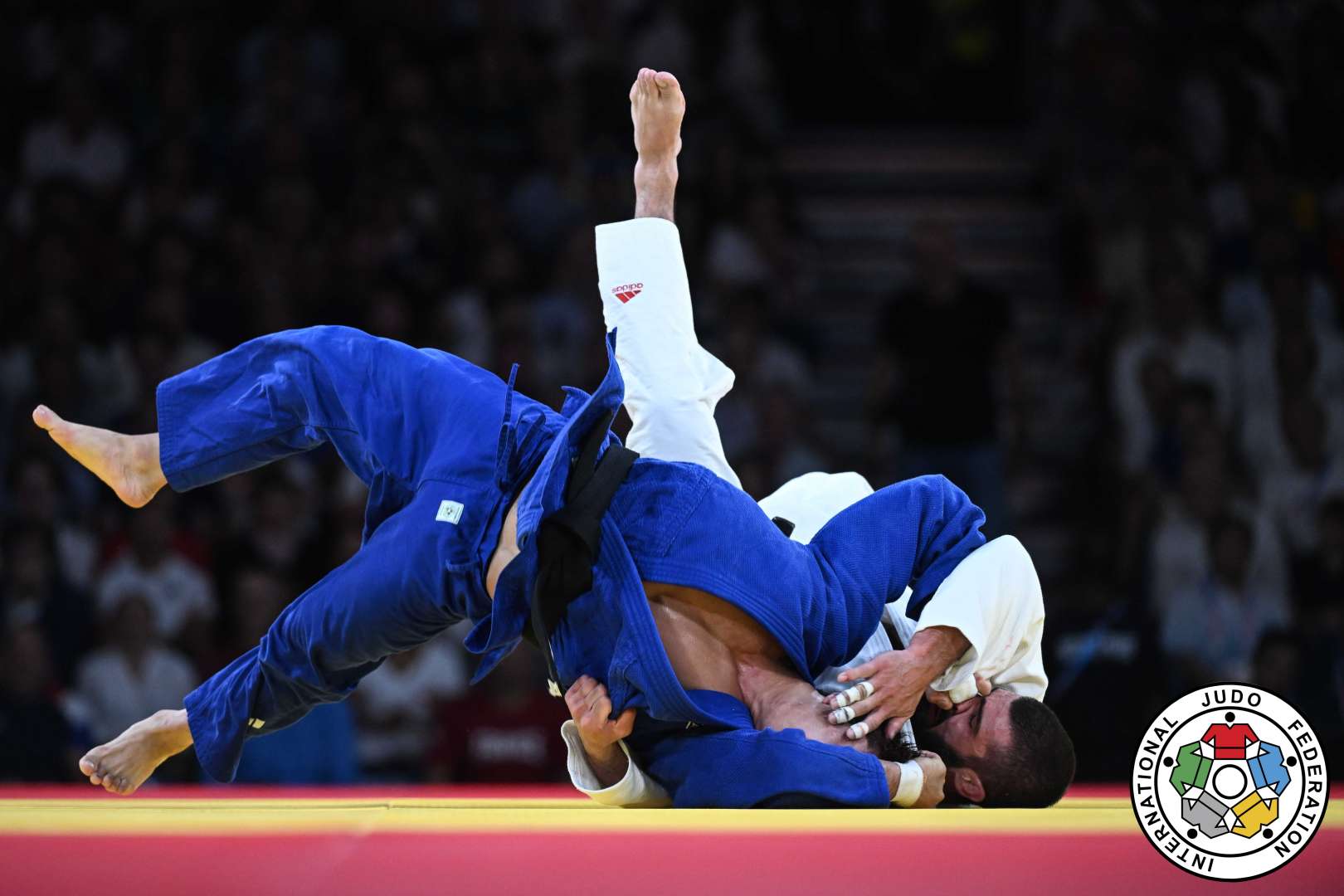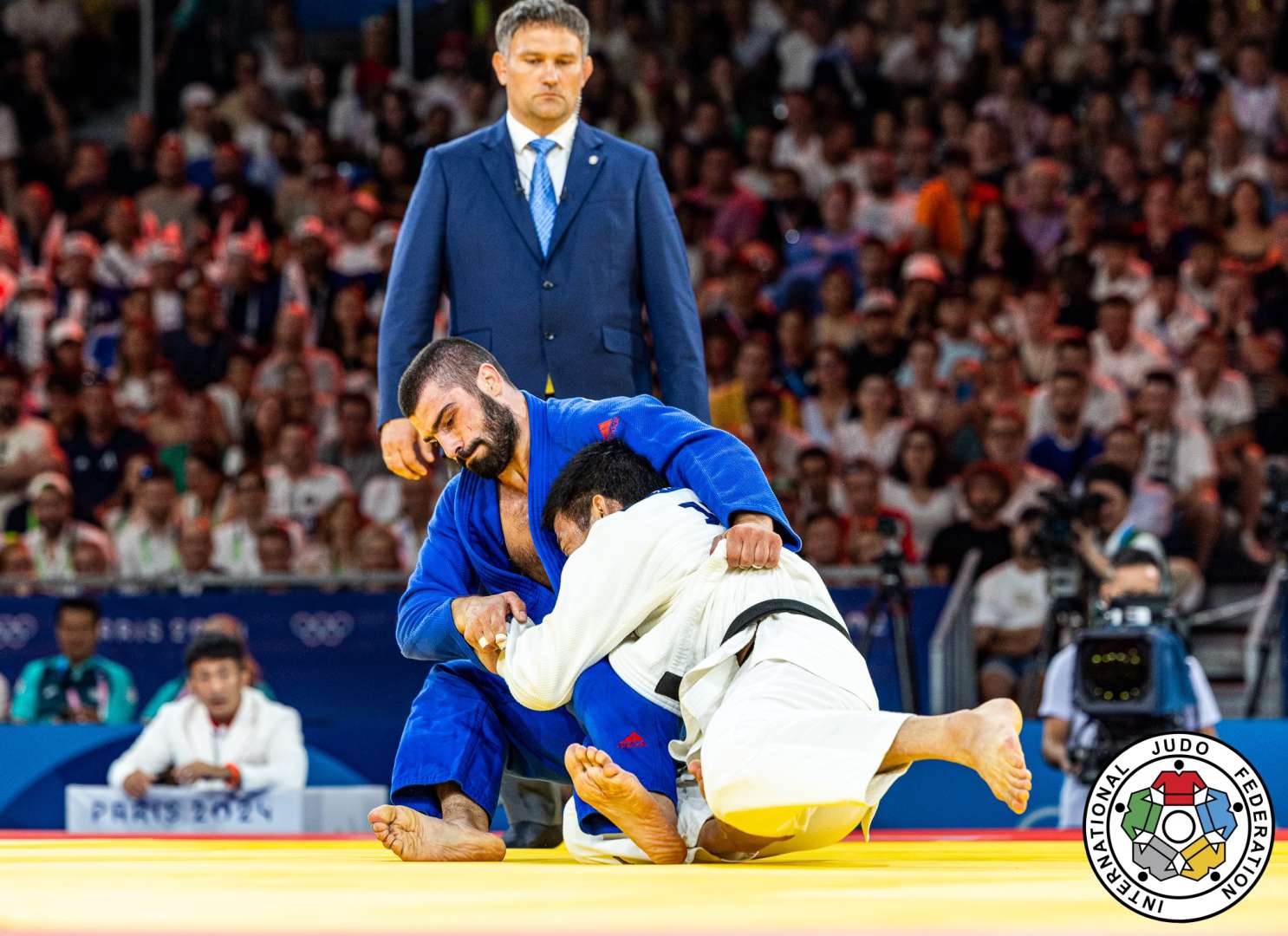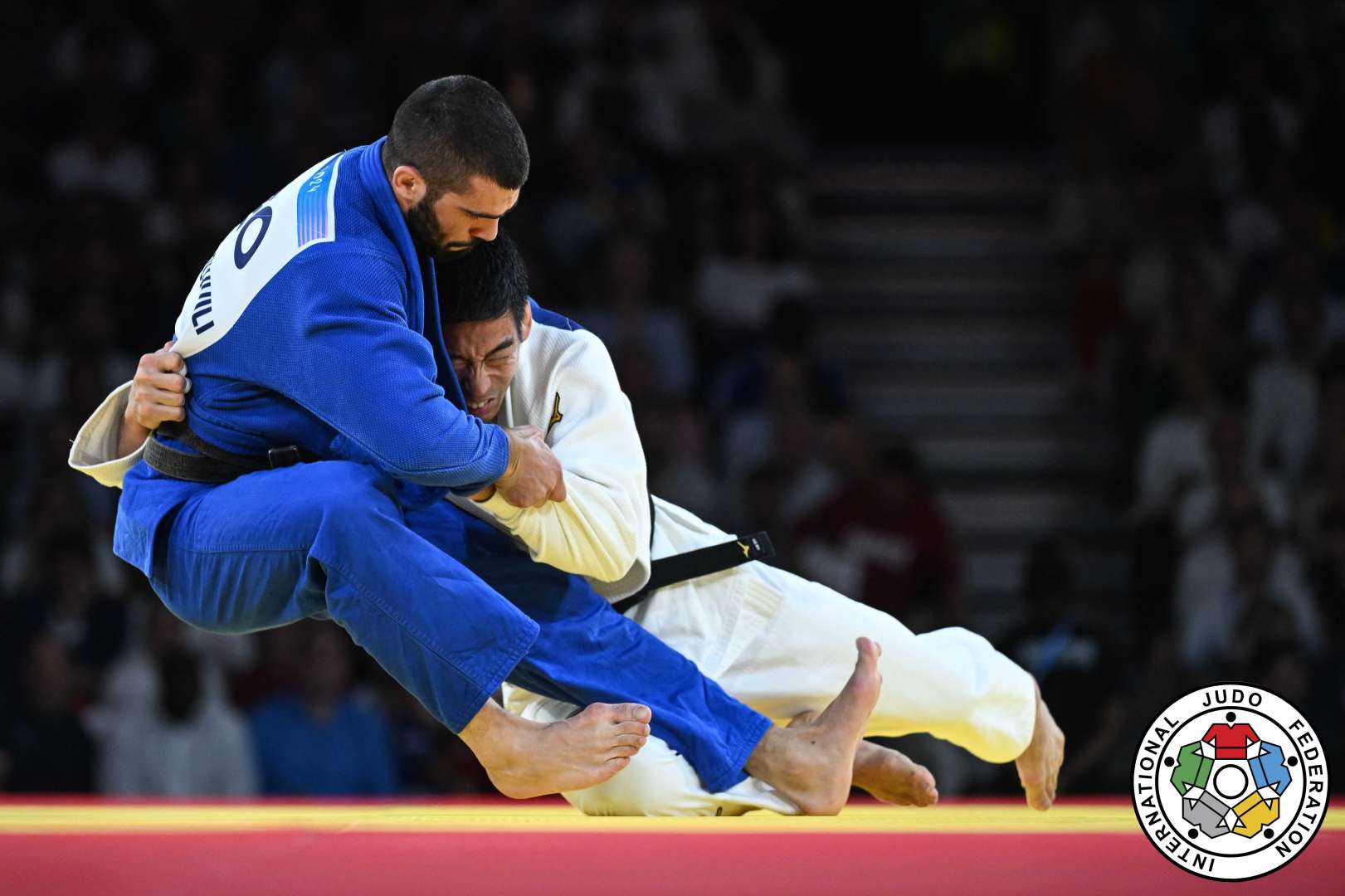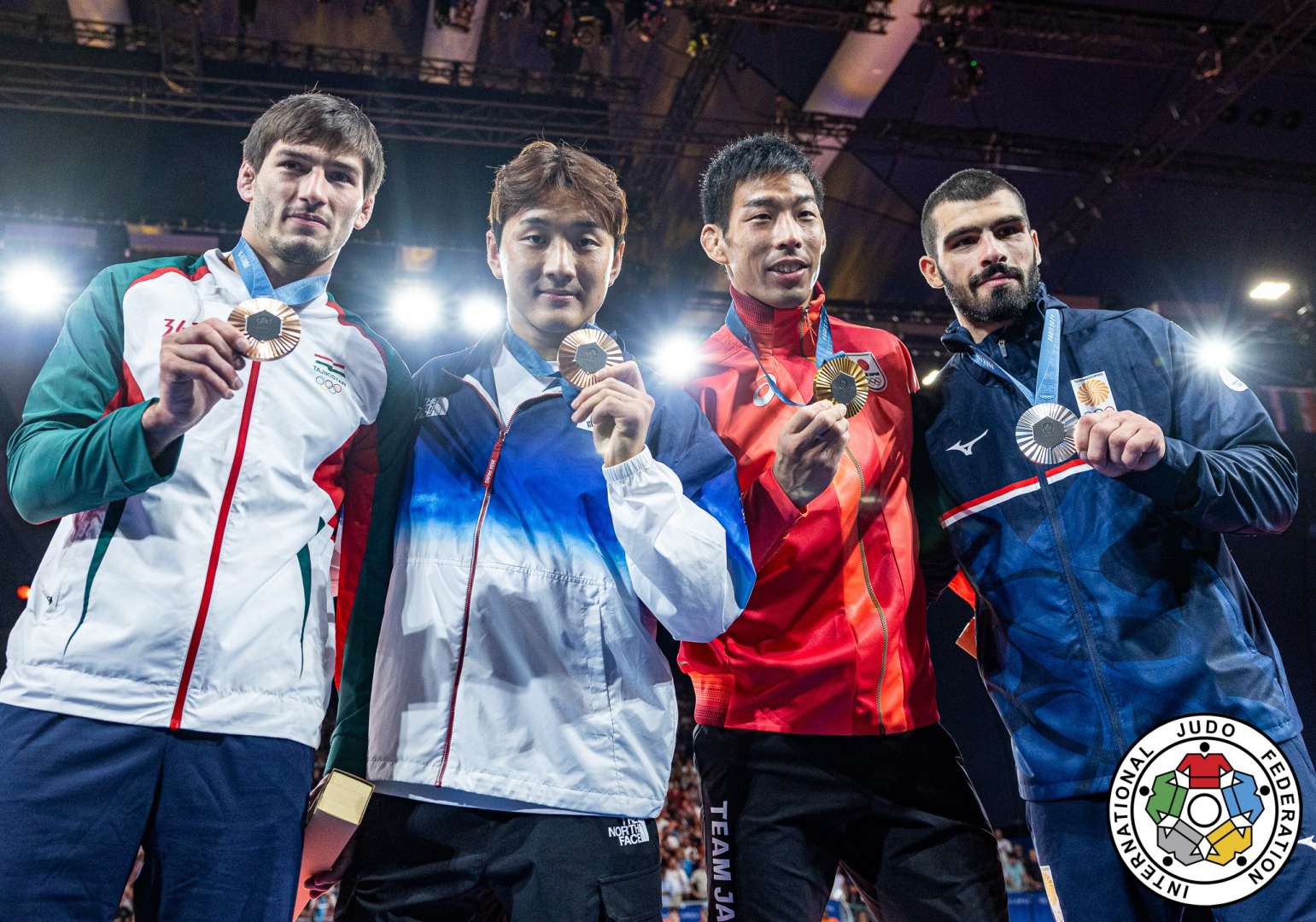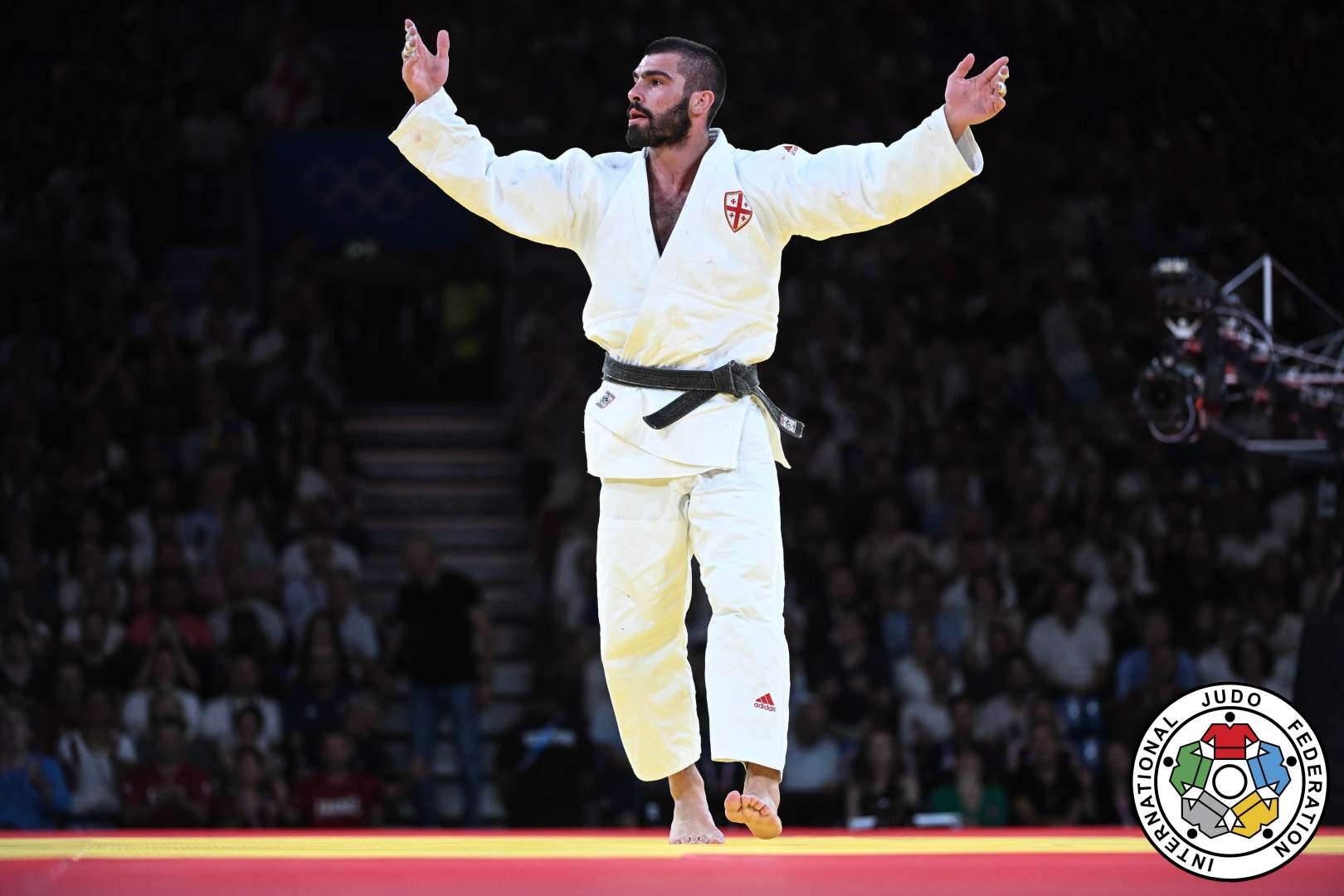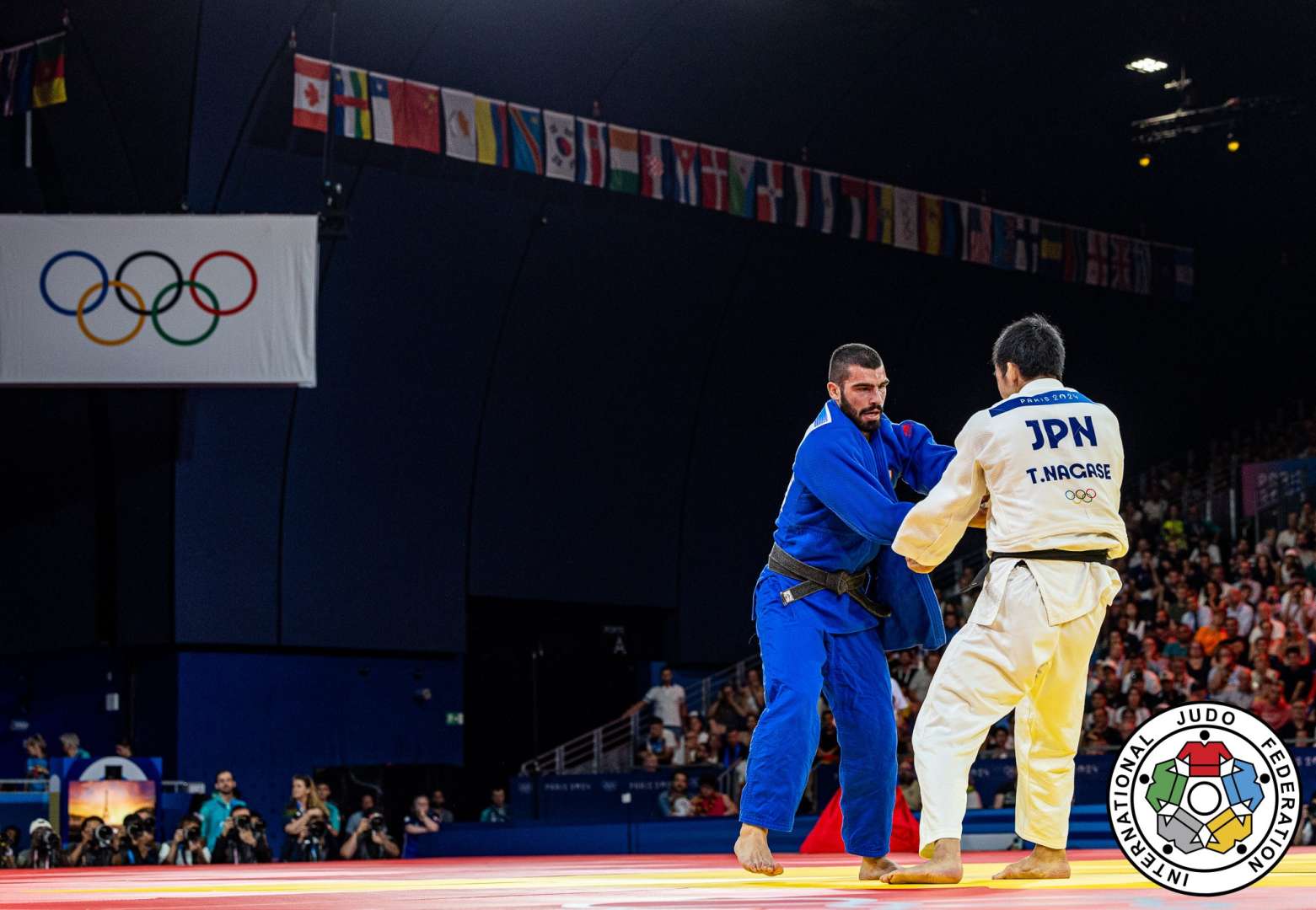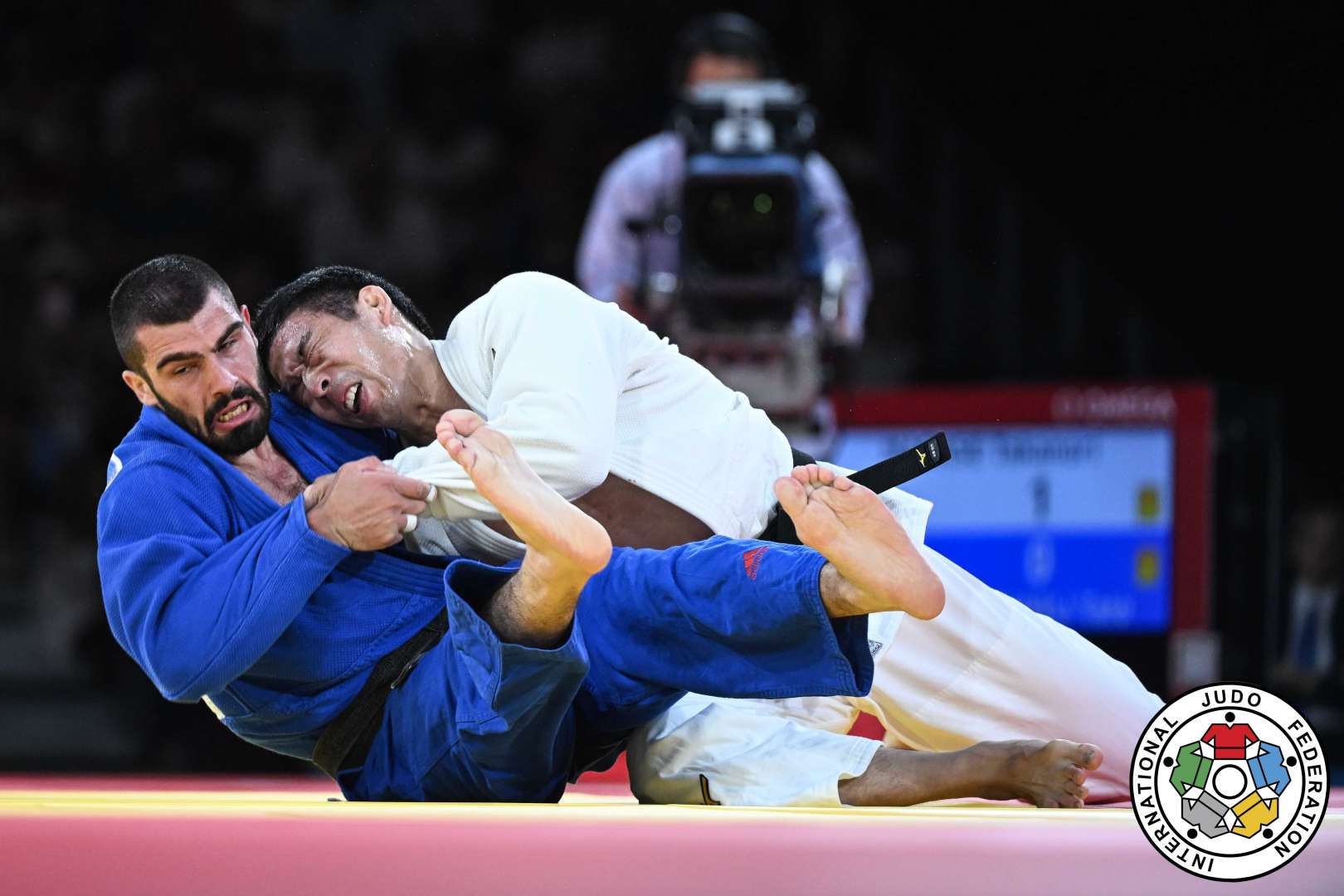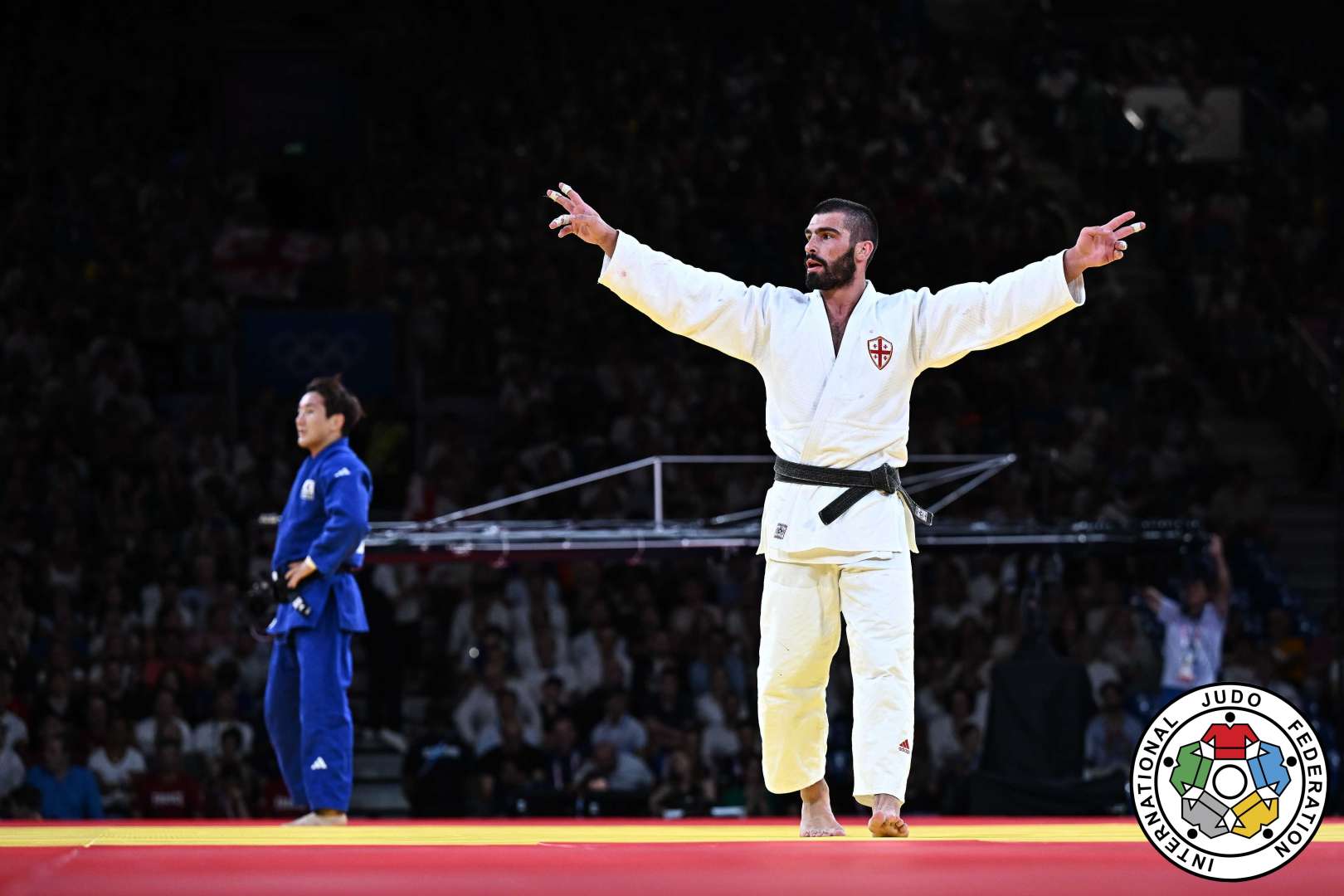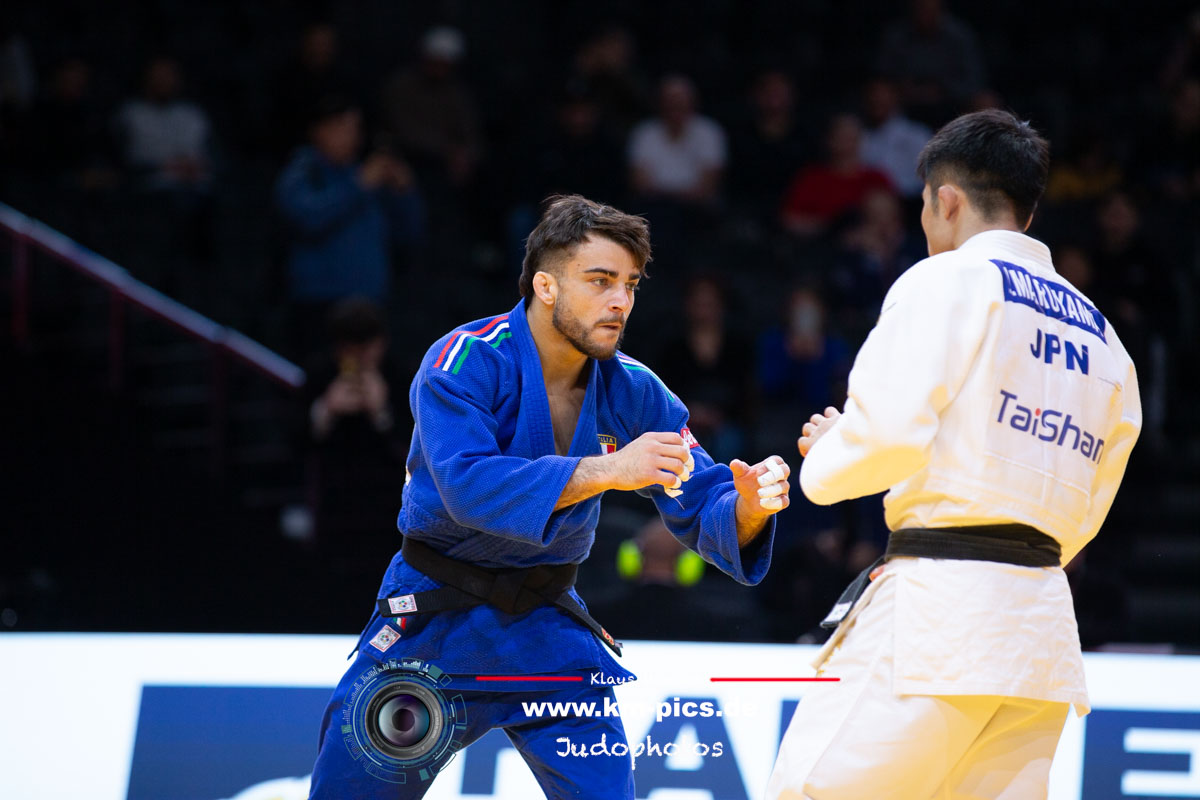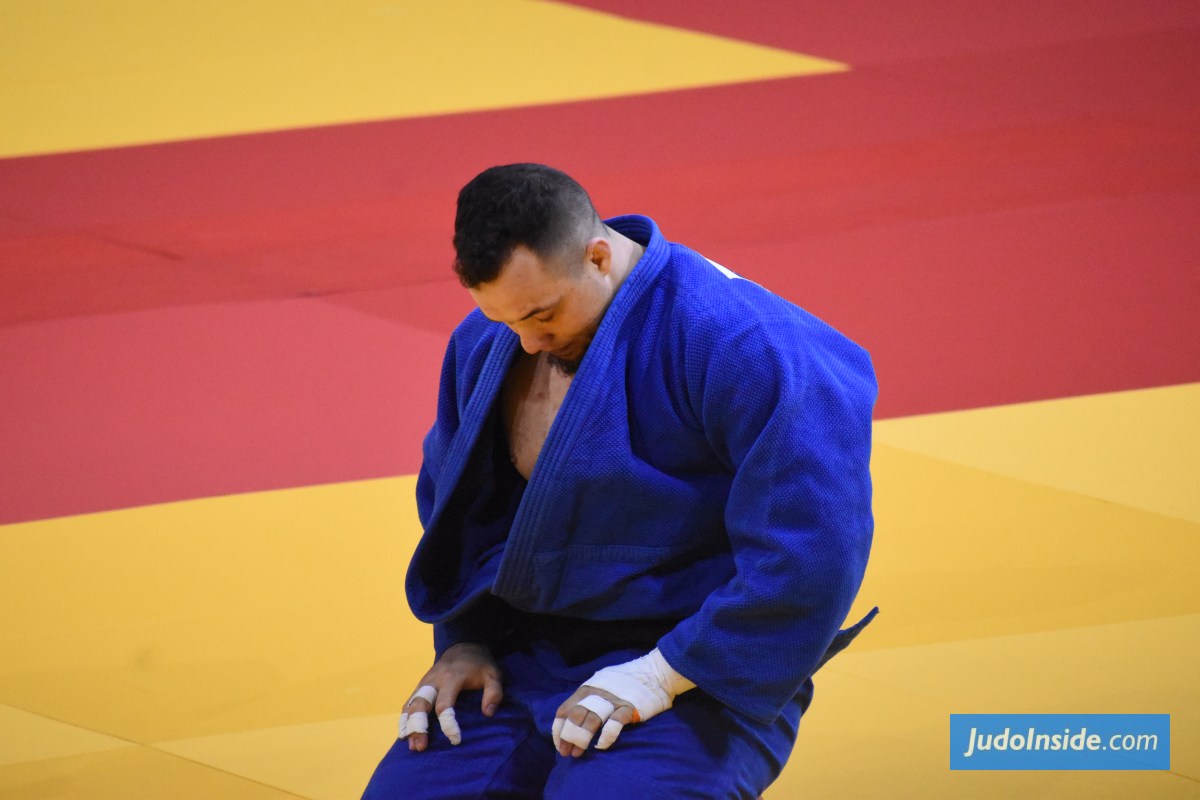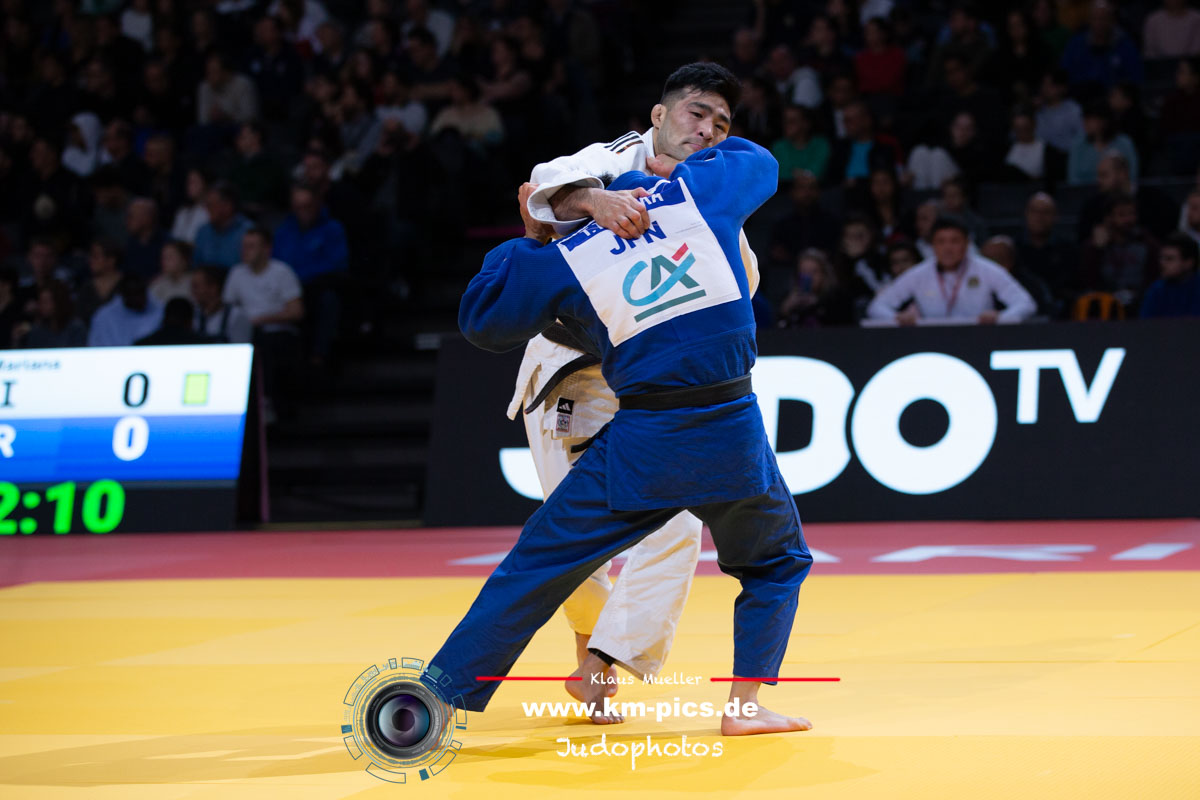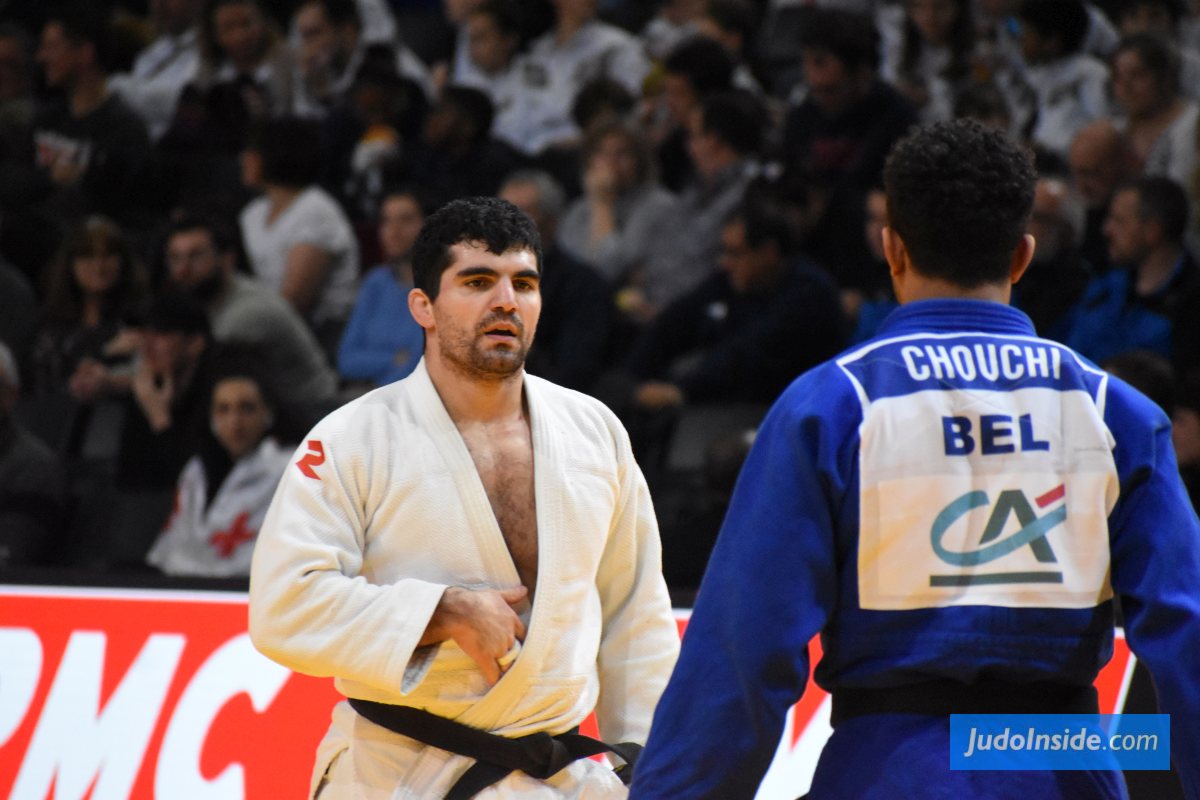The Return of Won-Hee Lee

 19 Jun 2023 21:00
19 Jun 2023 21:00

 Emmeric Le Person
Emmeric Le Person
The anticipation is high as the Grand Slam of Ulaanbaatar in Mongolia welcomes an unexpected return of Korean judoka Won-Hee Lee. At 41 years old, (42 in July) Lee is set to make a remarkable comeback to the competitive arena, showcasing his skills and experience that have earned him a place in judo history. As a former Olympic Champion and renowned athlete, Lee's return promises excitement and challenges for his opponents.
Won-Hee Lee has a decorated history in the sport of judo, leaving an indelible mark on the international stage. His crowning achievement came at the 2004 Olympic Games in Athens, where he clinched the gold medal in the U73kg weight category. Lee's victory showcased his exceptional technique, mental resilience, and unwavering determination. It was a moment that solidified his place among the greats of Korean judo. Since the retirement of An Chang-Rim Korea have Kang Heon-Cheol and Lee Eun-Kyul as highest ranked Korean athletes in the U73kg weight class.
A Commitment to Fitness
Despite the passage of time, Lee's commitment to fitness has allowed him to maintain an impressive level of physical condition. The judoka has dedicated himself to rigorous training, ensuring he remains at the peak of his abilities. His return to the U73kg weight class demonstrates his determination to compete at the highest level once again. Lee's slim and toned physique is a testament to his unwavering discipline and dedication to the sport.
Training with the Korean Men's Team
Lee's return is not just a personal endeavor but a product of his return with the Korean men's judo team. The opportunity to train alongside talented and younger athletes has provided Lee with the ideal environment to refine his condition and regain his competitive edge. Despite the age difference, Lee holds firmly during randori sessions, effortlessly keeping up with his younger counterparts. Three training sessions a day and the man is fit to go for Ulaanbaatar.
Judo Intelligence
For those facing Lee in the first round of the Grand Slam of Ulaanbaatar, victory will not come easily. Lee's skill, experience, and strategic prowess make him a formidable opponent for any judoka. His years of competitive judo, combined with his continued training, have honed his technique and deepened his understanding of the sport. Lee's opponents will need to be at their best to overcome his formidable presence on the mat.
Lee was a former women’s head coach of the Korean team and was coaching during the 2016 Olympic Games in Rio. After that period he was also University coach in Taipei. Also Lee is a highly intelligent athlete and is believed to have an IQ of 148 (according to Wikipedia).
At the 2004 Olympic Games he defeated Vitaliy Makarov of Russia in the final in Athens. In the quarter final he defeated Gennady Bilodid, the father of Daria. He had a hell of a second round fight in Athens against Jimmy Pedro, the later bronze medallist. Lee was the 2003 World Champion of Osaka.
Despite his age, Lee's physical fitness and remarkable skill make him a force to be reckoned with in the U73kg weight class in Mongolia at the second day of the Grand Slam. Lee is older than Miklos Ungvari, one of the top athletes U73kg who retired in 2021, but such a comeback is unique.
 like
like
 share
share
 - ARSLANOV, Shukhratjon (UZB)3.jpg)
| Result | City | Date |
|---|---|---|
| 2 | Paris | 2024 |
| 1 | Abu Dhabi | 2024 |
| 1 | Zagreb | 2024 |
| 3 | Belgrade | 2023 |
| 2 | Montpellier | 2023 |
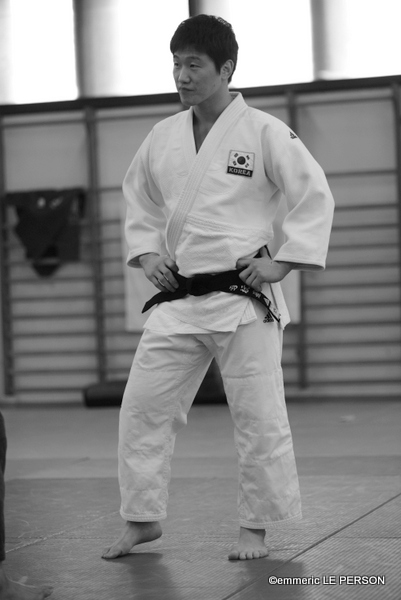
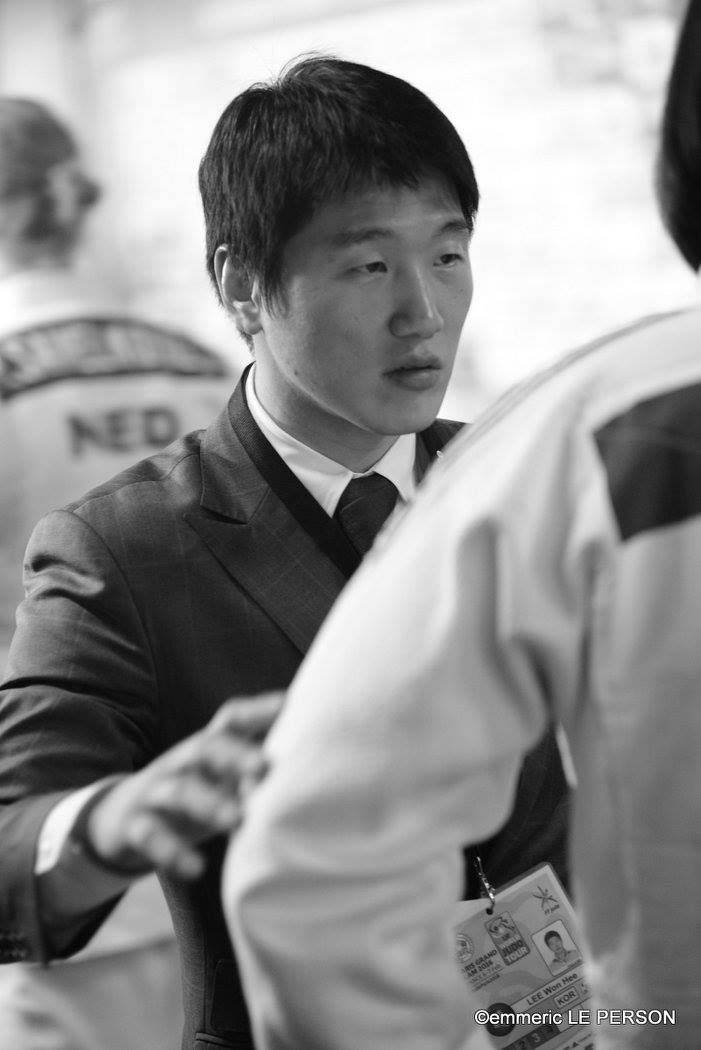





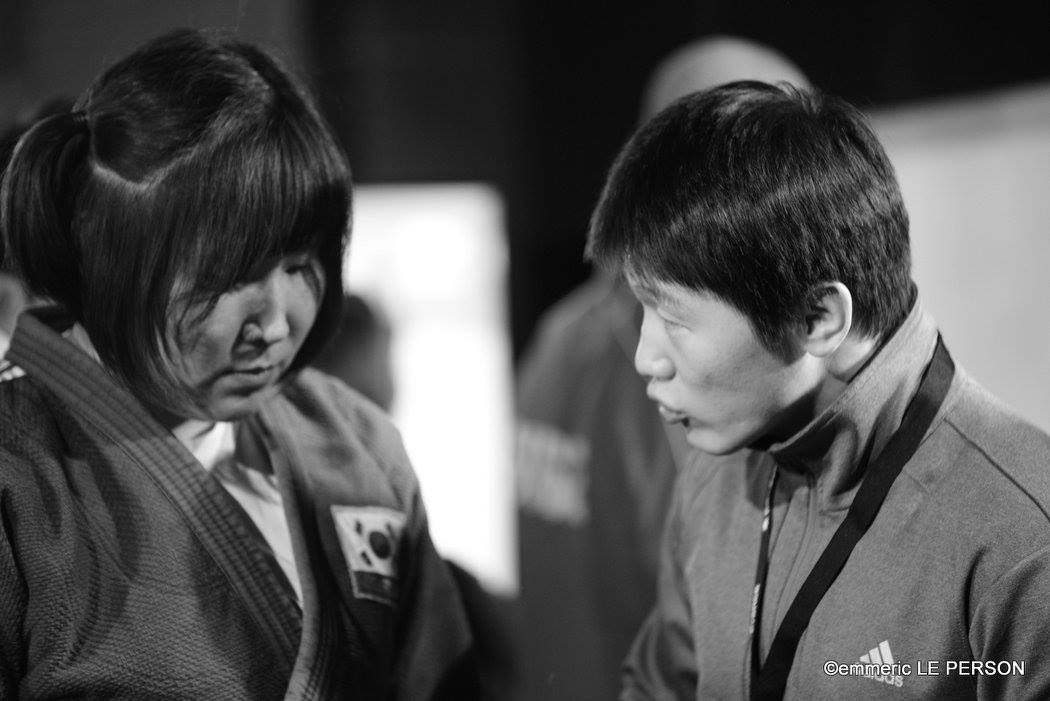
 - CORREA, L. (BRA)_MARA1087.jpg)




